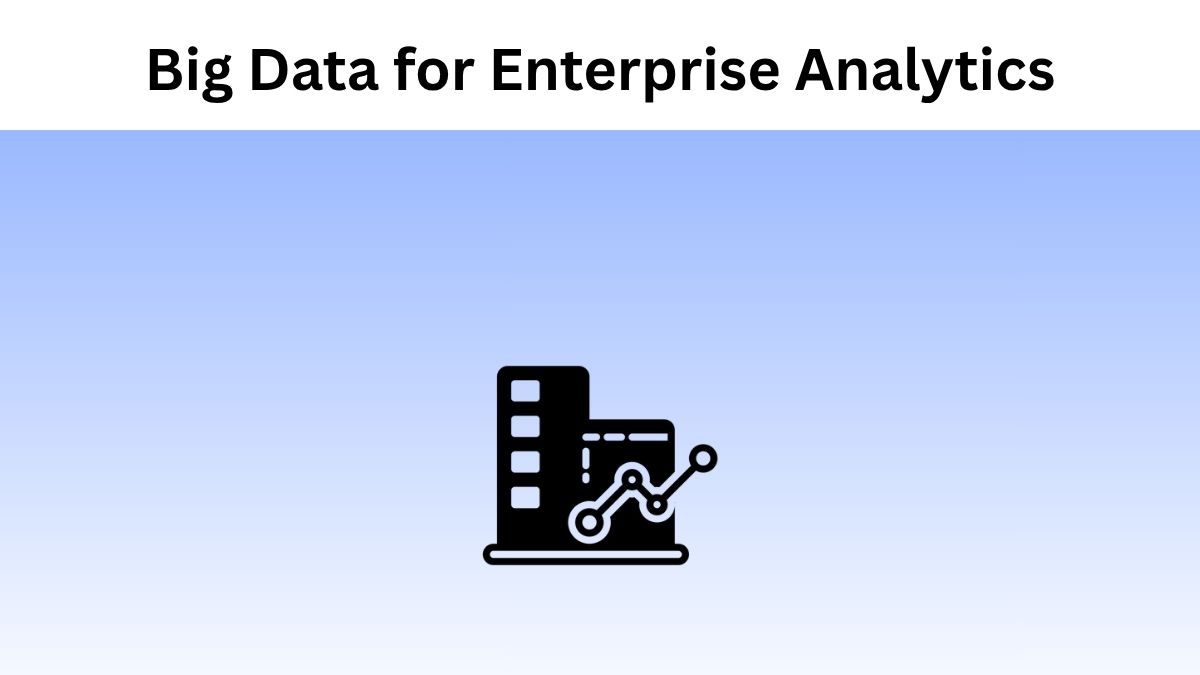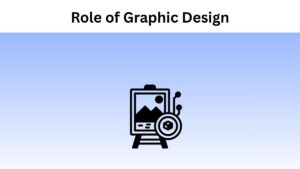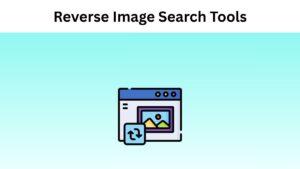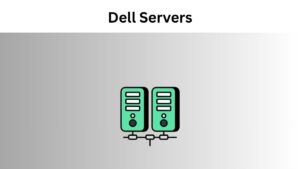Ever since the emergence of the COVID-19 pandemic, several businesses have adopted digital transformation strategies to keep up with online customer trends. Big data for Enterprise: analytics is one of the best digital strategies with immense potential to empower customer experience. Big data consulting services can help Enterprise businesses achieve a better, faster understanding of the customer journey and trends, and make decisions to improve customer experiences.
Several technology giants, such as Facebook, Google, and Amazon, are well known for employing big data analysis for customer service. They have been able to predict customer behavior to inform necessary business updates, new service launches, etc., which, in turn, have helped them earn millions in revenue.
For the past two years, businesses have been shifting their focus from managing discrete touchpoints of the customer journey to supporting the entire customer journey. As a result, the online journey has developed to apprehend the conception and delivery of a progressive customer experience before, during, and after a purchase or service consumption. This has been widely implemented across multiple channels, domains, and touchpoints.
For instance, Rapid Enterprises Inc stamps help eCommerce brands send shipment notifications via messages or mail, enabling them to harness big data’s capabilities to deliver a seamless customer experience. To manage customer experience efficiently, businesses will have to manage numerous touchpoints concurrently and, in doing so, reveal precise action items for business success.
The Different Types of Big Data For Enterprise Analytics
As with weather analyses from meteorological agencies, which can be interpreted and studied to predict weather patterns, big data can help predict customer behavior. Moreover, analysis of big data for Enterprises holds the key to enterprise evolution and the development of successful, innovative products. Big data analytics requires the application of statistical techniques, including information systems software, operations research methodologies, and artificial intelligence-based data mining.
For example, the analytics process in a big data world explains how to leverage dominant data analytics tools to gain a strategic advantage and identify new business opportunities. It has extensive applications beyond customer behavior prediction, including credit risk identification, marketing solutions, and fraud detection. By leveraging data and analytics services from external experts or cloud-based platforms such as dbt Cloud, enterprises can efficiently harness the power of big data to drive transformative business insights.
Also Read: Best Email Tracking Software
There are several different types of Big Data analytics approaches, and these can be categorized as:
Types of Big Data Analytics Approaches
Descriptive Analytics
This is an uncomplicated statistical system that explains what is included in a data set or database. Descriptive statistics include measures of central tendency, charts and graphs, sorting methods, frequency distributions, probability distributions, and sampling methods. In this process, it would be helpful to review the global data mining software market to find and use the right solutions for handling data.
The results of descriptive analytics can be used to identify potential business opportunities for success. For example, charts such as a scatter plot, a Sankey chart, and a simple bar chart can be used to show the number of users who find a product influential in their daily lives, thereby helping businesses develop better approaches to those specific products.
Predictive Analytics
Predictive analytics is the use of high-level analytical, information systems, or operations research techniques to identify predictive variables. It can also help in building predictive models into a descriptive analysis system. The results here identify opportunities for the business to enhance its products and services. For example, various regressions can be run to confirm the relationship (or lack thereof) between ease of performance, cost, and safety in merchants’ acceptance of mobile money payments.
Descriptive research methods play a crucial role in predictive analytics. These methods involve systematically collecting and summarizing data to provide a comprehensive overview of a particular phenomenon. In predictive analytics, descriptive research techniques are used to gather and organize relevant data on various factors and variables. This data serves as the foundation for building predictive models.
Understanding that connections exist helps clarify why one set of independent variables influences dependent variables such as business performance. Utilizing an Excel alternative can streamline data analysis and uncover valuable insights into these relationships.
Diagnostic Analytics
Diagnostic analytics practices use historical data to predict the onset of certain events. Therefore, diagnostic analytics extends descriptive analytics by examining why particular conclusions occurred by analyzing patterns in the collected data. The diagnostic analytics process is efficiently utilized in Artificial Intelligence for IT Operations, device health monitoring and diagnosis, IoT fault detection, and industrial maintenance.
Also Read: Best Mobile App Development Companies in Dallas
Benefits of Leveraging Big Data Analytics For Enterprise
Identify the Solutions or Services that Need Improvement
Metrics and insights derived from big data can provide valuable insights into your customers’ experiences. It can track which products are least popular among customers and help businesses improve them. Product reviews can be identified and sorted using artificial intelligence, and the resulting insights can be leveraged to enhance existing solutions or services. Longer average handling time (AHT) or lower first contact resolution (FCR) rates in big data analyses often indicate issues that need to be resolved.
Understand Customer Sentiments
Customer sentiment plays an imperative role in brand development. Enterprise mobile app development services are now leveraging big data to better understand how customers respond to the company’s services or solutions. This can help quickly resolve customer issues and prevent businesses from repeating the same problem. This helps businesses connect with their customers on an emotional level and win their loyalty. Big Data sources for this may include website surveys, app reviews, call transcripts, social networking site reviews, and online communities.
Enhance Targeted Marketing Practices
Nowadays, enterprises seek more targeted approaches to reach their customers. By tracking click-through rates for links delivered through marketing emails, website call-to-action (CTA) buttons, and other channels, marketers can determine whether marketing is driving actual conversions. Furthermore, website geotagging data may also enable businesses to focus on customer demands by region.
This can help brick-and-mortar stores or retail marts identify and stock items that are in higher demand in those specific regions. Brands may use the data generated by those analytics to promote certain products more and offer additional discounts on products that do not sell well. That may be applied in-store.
Also Read: Best 16 Call Center Software for sales & support
Conclusion
Big data can help enterprises provide personalized, omnichannel customer experiences that put their business ahead of the curve. Consumers around the globe are adjusting to new shopping and digital habits amid the current pandemic. By leveraging big data precisely, businesses can turn these insights into actionable assets, providing superior retail customer experiences.






